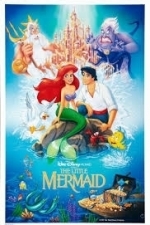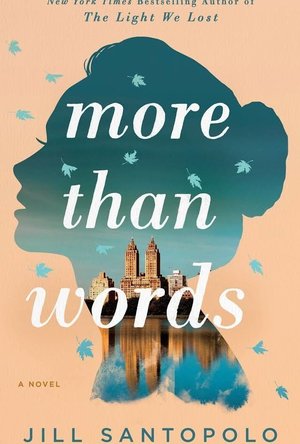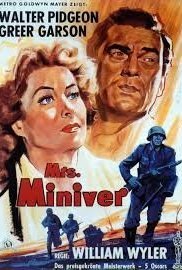
Mrs. Miniver (1942)
Movie Watch
A moving drama about a middle-class English family learning to cope with war, told in a series of...
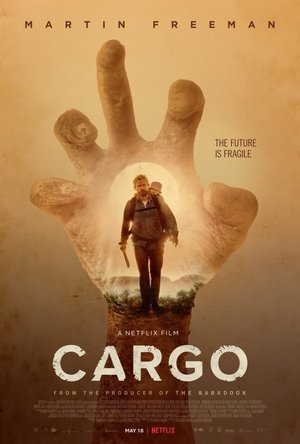
Cargo (2017)
Movie Watch
Cargo is a 2017 Australian post-apocalyptic thriller film written by Yolanda Ramke and directed by...
Cargo
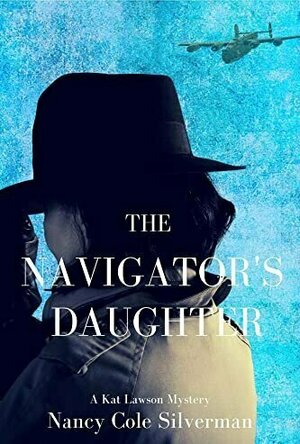
The Navigator’s Daughter
Book
When Kat Lawson’s father gets a letter from the DOD that someone has found the wreckage of his...

Hiroshima Twins
Book
When the atomic bomb detonated over Hiroshima, the Nakamura family lived at ground zero....
history

Bulletproof Vest: The Ballad of an Outlaw and His Daughter
Book
Maria Venegas had been estranged from her father for fourteen years when she finally made the...
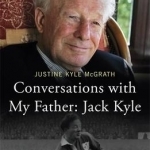
Conversations with My Father - Jack Kyle
Book
Jack Kyle was the rugby giant of his time, but he is also so much more than a sporting legend....

Happily Letter After
Vi Keeland and Penelope Douglas
Book
My love story all started with a letter. Only it wasn’t from the man I’d eventually fall in...
romance contemporary
Emma @ The Movies (1786 KP) rated The Little Mermaid (1989) in Movies
Sep 25, 2019
By far the best bit about this whole event was the audience. There were 17 of us watching, including the Ariel from the lobby, three children, 1 father, with the rest exclusively women over the age of 25. But out of those it was the family of four in front of me that won the evening.
They were wonderful. Mum, dad, daughter of about three and baby. Never judge a book by it's cover, I honestly thought dad was there under duress... but no I'll get to that in a bit. Cue the trailers, and The Incredibles 2. Frozone comes on the screen and daughter goes "daddy he looks like you!" And yes, the similarity was uncanny. Daughter is laughing, mum is laughing, I'm laughing. Dad turns to her completely deadpan and says "it's not funny, we don't laugh about it." But we all did. The movie starts and daughter is humming the Disney tune as the logo comes up. It was one of the cutest things I've witnessed, until the film itself starts up. Dad is singing along with he rest of us, he's even reciting the words of the script to his daughter... with voices. People... that's family goals right there.
Kristy H (1252 KP) rated More Than Words in Books
Apr 22, 2021
Nina Gregory has always been a loyal daughter. After her mother's death, she was raised by her father, the owner of the Gregory Hotels, a renowned chain in New York City. She knows she will take over the family business someday. And her father has always taught her that family (and reputation) come before everything. But when Nina's father dies, she finds herself adrift. Not even her boyfriend, Tim, whom she's been raised with since childhood (his parents work with her father) can provide comfort. When Nina finds out something about her father that causes her to question everything, she finds herself turning to her boss, mayoral candidate Rafael. Nina's always been cautious and proper. But now, she's not so sure what to believe.
"Not only was she going to lose her father, she was going to lose the life she'd imagined for herself. The future she'd expected would be hers."
This was a good read about love, loss, and politics. I think parts of it might have annoyed me more, but I read it at a good time. Nina honestly came across as self-centered at moments, but she was certainly going through a lot, trying to find herself in the wake of her father's death. With her family legacy, she was under a lot of pressure. The book did a good job of capturing grief and loss. I also really liked Rafael--he was a character I could root for. The story seemed to meander a little and could be heartbreaking, but it was a book centered around death, after all.
Overall, I enjoyed this one. It's sad, but hopeful too. A good read if you go in with the right mindset. 3.5 stars.

